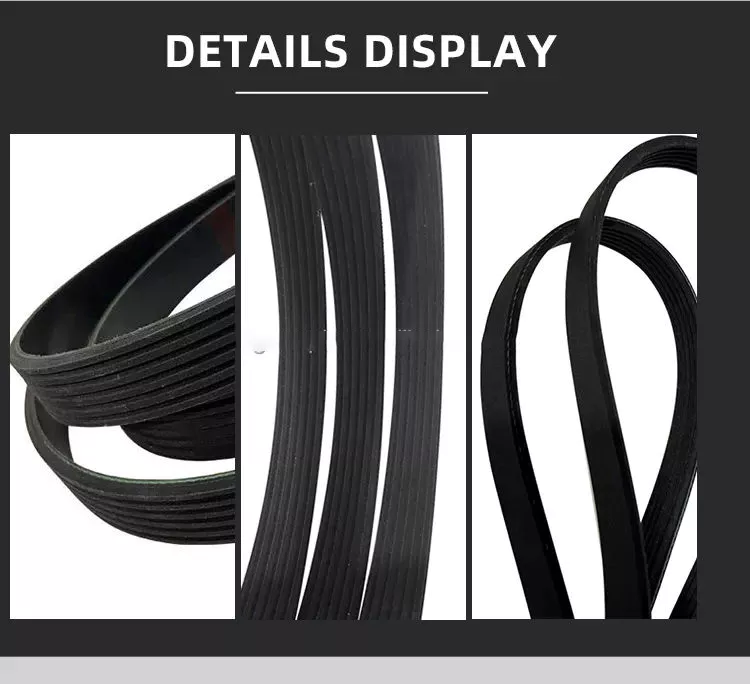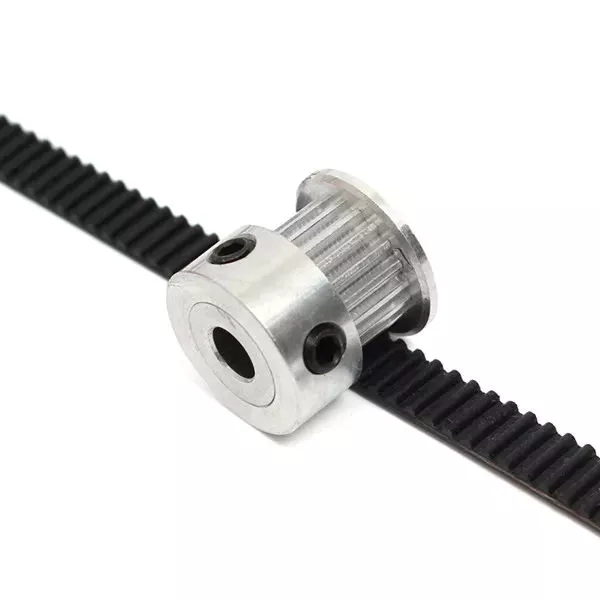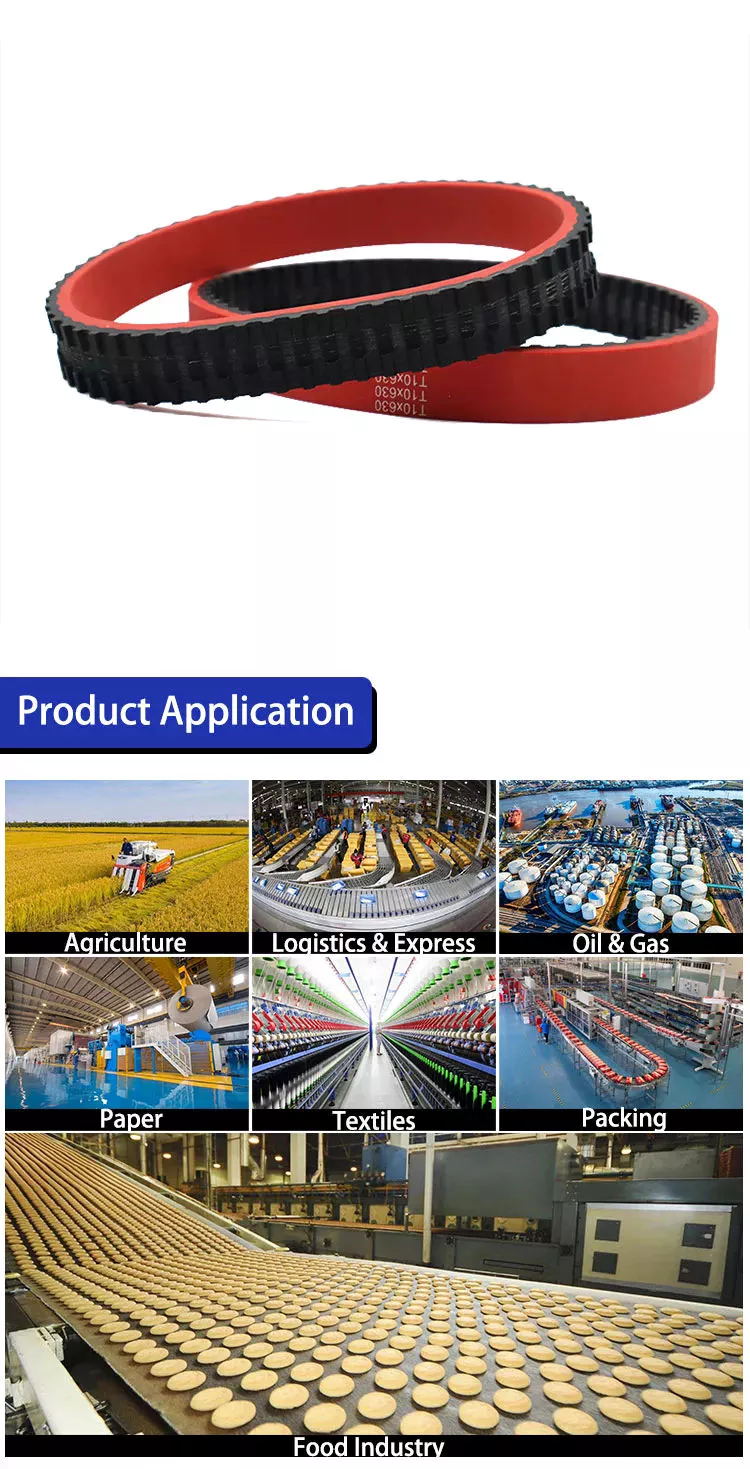Product Description
Product Description
| Product name | BMW Belt Idler Pulley for F20N F21N F45 F46 F55 F56 OE |
| OE number | 1128 86~8 230 |
| Quality | OE standard |
| Fits for | F20N F21N F45 F46 F55 F56 |
| Application | Auto cooling parts |
| Package | Brand, neutral or customized package |
| Port | HangZhou |
| Payment | T/T, Western Union, PayPal, Trade Assurance |
| MOQ | 1 piece |
Packaging & Shipping
| With stock… | 3-7 days |
| Without stock… | 7-15 days |
| Shipping | Sea, air, express, etc. |
| Shipping Term | EXW HangZhou |
We supply parts for…
| 3 series | E30 E36 E46 E90 F30 F35 | C-Class | W202 W203 W204 | |||||
| 5 Series | E34 E39 E60 F10 F18 | E-Class | W124 W210 W211 W212 | |||||
| 7 Series | E32 E38 E65/E66 F01 F02 | GL | X164 X204 | |||||
| X1 | E84 | ML | W163 W164 | |||||
| X3 | E83 F25 | R | W251 V251 | |||||
| X5 | E53 E70 | S | W140 W220 W221 | |||||
| Gasket | Cylinder Head | Oil Seal | Air Filter | Pipe | ||||
| Fuel Filter | Air Mass Meter | Belt | Starter | Brake pad | ||||
| Engine Mount | Belt Tensioner | Radiator Fan | Expansion Valve | Wiper Motor | ||||
| Ignition Coil | Tie Rod End | Water Pump | Thermostat | Bushing | ||||
| Shock Absorber | Power Steering Pump | Oxygen Sensor | Stabilizer Link | Wheel | ||||
| Oil Pump | Solenoid Valve | Axle Rod | Boll Joint | Boot | ||||
| Drive shaft | Window Lifter | Wheel Bolt | Gas Spring | Wiper Blade | ||||
Company Profile
Established in 1994, HangZhou Best Auto Parts Co., Ltd. is a global and professional supplier, focusing on CZPT brand auto parts, provides chassis parts and maintenance parts which fit for German luxury cars. With more than 25 years co-operation with repair shops, distributors, agents and manufactures, we have built our global manufacturing standard and sales network over the world. Originated from Germany, CZPT adheres to the spirit of craftsmanship, providing safe, high quality and trusted auto parts. We believe that we should shoulder the responsibility and mission on revitalizing Chinese national automotive parts industry, and make CZPT famous in the world.
Certifications
FAQ
Q1: What’s your advantages?
1. Reasonable price and reliable quality;
2. Two years or 60,000 kilometers warranty (For chassis parts only, please ask for the range);
3. Satisfying and swift after-sale service;
4. Quick and safe modes of payment;
5. Ships items timely and quickly.
Q2: To which places have you exported?
Africa, South America, Asia, middle east and so on.
Q3: What products you sell right now?
1. Suspension parts series;
2. Brake system parts series;
3. Engine cooling parts series;
4. Electronic parts series;
5. Steering parts and links series;
6. Drive shaft series;
7. Oil and fuel series (Filters, pumps, etc.)
8. Mounting parts series (Engine mount, transmission mount, etc.)
Q4: How to guarantee the quality of your product?
1. Strict inspection during production;
2. Recheck the products before shipment;
3. Track and receive feedback from our customers.
Q5: How about your delivery time?
7-25 Days after receiving your payment.
Why You Should Get a New Timing Belt
A timing belt is a rubber belt with teeth that transfer rotary motion from the central motor to the drive pulley. It prevents the piston from striking the valves at a critical level. Unfortunately, these belts cost a lot to replace. Here are some reasons why you should consider getting a new one. If you’re not sure whether a new timing belt is necessary, read on. You can also save money by avoiding unnecessary repairs and replacements by choosing an aftermarket timing belt.
Timing belts are rubber belts with hard teeth
While it’s true that timing belts are commonly known as “drive belts,” there are several different types of belts that are used in engines. Despite their commonity, timing belts are made of different materials. The material used to make them is important because it can either negatively impact performance or negatively affect its life span. Whether it’s a car, truck, or motorcycle, timing belts are an essential part of your engine.
Among their many advantages, timing and drive belts are designed to reduce friction, increase speed, and transmit torque more efficiently. In fact, the design of timing belts is similar to that of a cam belt. Both belts work in conjunction with each other to increase the torque and speed of a vehicle. In both types, the teeth of the belt are aligned at the same angle. In a small-scale drive system, this elongation is minimal, but if the load is too high, the teeth of the belt will begin to jump or cog over the pulley’s teeth, causing the noise.
Timing belts are used to synchronize the movement of the crankshaft and camshaft. Timing belts have hard teeth on the inner side of the belt and interlock with the cogwheels on the crankshaft and camshafts. Because of this, they make it easier for the exhaust and intake valves to open and close at the proper time. Timing belts are made of high-10sile rubber, but they may also be polyurethane, welded urethane, or moulded polyurethane.
When a timing belt is worn, it may degrade. The teeth will gradually lose their shape over time and the belt will begin to slip. If the teeth become rounded, the belt may still work, but its timing will be off. Hence, it is vital to replace the timing belt if you notice these signs. If you find any damage, contact a qualified mechanic for repair. If the teeth are worn or damaged, consider replacing the entire belt.
When it comes to a car’s engine, timing is vital. Timing belts connect the internal moving parts of the engine. In addition to timing, they can also power water, oil, and injection pumps. And it’s vital to make sure your timing belt doesn’t get damaged because it will not function properly. So don’t neglect timing belts unless you’re certain they’re damaged.
They transfer rotary motion from the central motor to the drive pulley
A timing belt is a mechanical device that transfers rotary motion from a central motor to a drive pulley through a chain. The belt must be wide enough to accommodate the torque that will be produced by the design. The belt must be wider than the size selected for the drive pulley. In order to determine the correct belt width, the center-to-center distance between the drive pulley and the central motor is measured.
Unlike the elastic belt, which tends to stretch when pressed against a large load, the timing belt does not suffer from this problem. Instead, it exhibits low torsional stiffness, which allows it to transfer rotary motion efficiently. The timing belt also reduces the likelihood of slippage. This is because the cord material is very strong compared to the loads that it must handle.
The most common type of timing belt pulley is made of nylon. The advantage of nylon is that it has a natural lubrication surface and is relatively low-maintenance. It is also durable, malleable, and low-melting point. It is also highly resistant to wear and tear and is suitable for applications that are exposed to high temperatures. However, the belt must be cleaned and maintained on a regular basis.
A Timing belt can be used in a variety of applications. For instance, the timing belt is used in automotive engines. However, the timing belt is also found in stationary power generators, marine engines, and aviation engines. Additionally, it is used in conveyors, winches, treadmills, and washing machines. It also plays a crucial role in the curtain at a theater hall.
The timing belt can be flat, V-shaped, or trapezoidal. The latter is usually made of rubber. The distance between the 2 pulleys is between 5 and 10 meters. The flat belts transmit power through friction between the belt and the pulley. The efficiency of flat belts is approximately 98% and it makes very little noise. However, it must be used in conjunction with the appropriate motor drive. Ultimately, the engineers must choose the best 1 that can deliver the torque that the drive pulley needs to generate.
They prevent pistons from striking the valves on a critical level
In an interference engine, the valves and pistons share the same space in the cylinder, but they move at different rates. While 1 or more of the valves may open into the piston’s travel area, the other is closed and never makes contact with the piston. Timing belts prevent this critical collision from occurring and prevent the piston from damaging the engine. Most timing belts fail at start-up and shutdown. Check the car owner’s manual for recommended replacement intervals.
The timing belt synchronizes the rotation of the crankshaft and camshaft. The timing belt allows the piston to move without striking the valves, allowing the engine to perform its essential functions. The camshaft is used to push fuel and air into the cylinder. The valves close and open as the engine moves forward. When the engine is running, the timing belt prevents the piston from striking the valves on a critical level.
Because of their critical role in the engine, timing belts are often an overlooked component. Without proper timing, an engine will not work properly, and valve damage can be costly. If timing fails, the piston will strike the valves on a critical level, which will damage the engine. Timing belts are a vital automotive component, so make sure yours is in good condition.
A timing belt is a necessary part of your Subaru’s engine. It synchronizes the crankshaft and camshaft to prevent problems with the engine. If a timing belt breaks, the pistons will strike the open valves and cause massive engine damage. Timing belts must be replaced when recommended in your owner’s manual. If it breaks, the engine will shut down.
They cost a lot to replace
Timing belts are expensive to replace, with the average car owner paying $1,200 to have them replaced. Most cars have transverse engines, where the cam cover rests against the driver’s side of the engine. These specialty cars are notoriously difficult to service and require the services of a specialist mechanic. Timing belts are a complex system with a series of idler bearings and tensioner bushes to guide and drive the belt. These components are often replaced at the same time as other routine maintenance work, and they may cost you a bundle.
If you have a car that’s been in the shop for a while, timing belt replacement may be the only option. A timing belt that’s popped isn’t going to make the car run, so you’ll need to get it replaced. If you need the belt replaced, you can use a car service, or you can try to replace the timing belt yourself. It’s a good idea to get several quotes before making the decision to replace the belt.
Depending on the make and model of your car, timing belt replacement costs may range from $250 to more than $1,000. Prices will vary according to vehicle type, labor hours, and the brand of parts and labor. If you don’t have a mechanic handy, you can always use a free online tool like CZPT to get an estimate for timing belt replacement and find a mechanic near you. This will help you save money and avoid the hassle of spending a lot of money on an unnecessary repair.
While timing belts typically last between 60,000 and 100 thousand miles, you may only need to replace them once in your car’s lifetime. Timing belts may seem cheap at first, but if you’re planning on selling your car, you’ll want to avoid the expense of replacing your timing belt. If you don’t, your car’s engine may run poorly and cause your car to use more fuel than it should.

